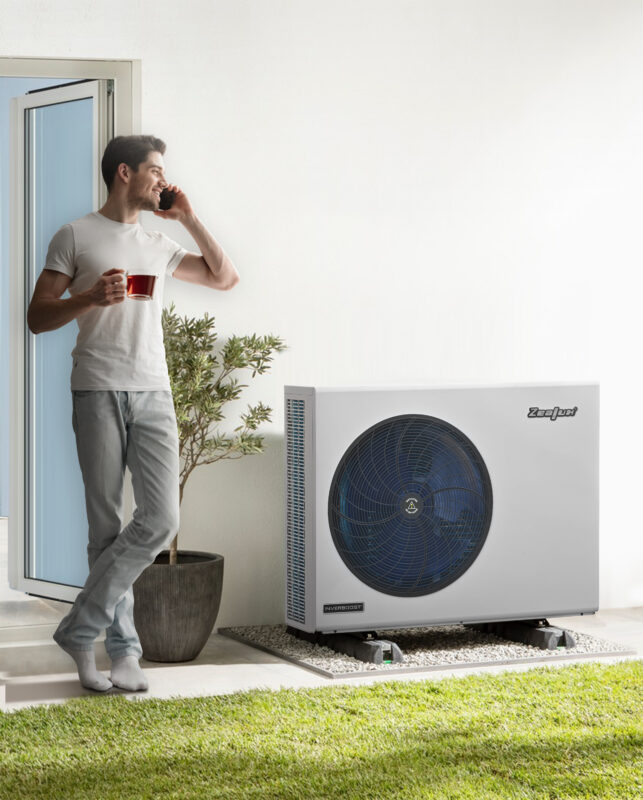Why Air Source Heat Pump Need TÜV Certification
Air source heat pump are a popular and energy-efficient alternative to traditional heating systems that run on fossil fuels. They work by extracting heat from the outside air and transferring it indoors to warm up the space. As such, they must meet stringent safety, quality, and environmental standards to ensure their proper functioning and safety for users. TÜV certification is one of the most respected and recognized certifications for safety and quality worldwide. One crucial certification that air source heat pumps require in the EU is the TÜV Product Certification, and this article will explain why.
Firstly, TÜV is short for Technischer Überwachungsverein in German, which means Technical Inspection Association. These associations are independent companies that test, inspect, and certify technologies, products, and systems to ensure potential hazards and prevent damages.
During the Industrial Revolution in Germany, the idea of an independent technical review was established after an accident with a steam boiler. As more machines were introduced into the workforce in those times, there was a need to ensure the equipment and systems were safe for workers and consumers alike. The TÜV was then created to test, review, and regulate products and technologies to prevent accidents and eliminate defects.
The certification process involves rigorous testing, inspection, and auditing to ensure that the product or service meets the necessary requirements. Once the product or service has been certified, it can display the TÜV mark, which indicates that it has been tested and certified by TÜV.
Why do air source heat pumps need TÜV certification? Here are four reasons:
Safety:
Air source heat pumps contain electrical and mechanical components that must be safe and reliable. TÜV certification ensures that the product has been tested to the necessary safety standards and that any potential hazards have been identified and addressed.
Sustainability:
Air source heat pumps are designed to be environmentally friendly, but this needs to be confirmed by TÜV and their selected committee. Once the tests are completed, the results will be assessed and certified that they have met the standards laid out in the beginning. TÜV certification ensures that the product has been assessed for its environmental impact and that it meets the necessary standards for energy efficiency and low carbon emissions.
Quality:
TÜV certification ensures that air source heat pumps meet the necessary quality standards. This means that the product has been tested to ensure it is durable, reliable, and effective and that it performs as expected under different environmental conditions.
Competitiveness:
Obtaining TÜV certification can give air source heat pump manufacturers a competitive advantage. Consumers are increasingly aware of the importance of sustainability and energy efficiency, and they are looking for products that meet these criteria. Having TÜV certification can demonstrate to consumers that the product has been independently assessed for its environmental and safety credentials.
Legal Requirements:
As previously mentioned, TÜV certification is now a legal requirement for products sold in the EU. This means that air source heat pump manufacturers must obtain TÜV certification to sell their products in the EU market.
In summary, TÜV certification is essential for air source heat pumps to ensure they meet the necessary safety, health, and environmental standards. Obtaining TÜV certification can also give air source heat pump manufacturers a competitive advantage, demonstrating to consumers that the product has been independently assessed for its environmental and safety credentials.
We are one of the biggest pool heat pump manufacturers .we offer professional advices and the best equipment to suites your needs Also we are over 20 years experienced as heat pump professional, our Inverboost series leads the trend of the industry,contact our staff for the best heat pump suggestions, and any other heat pump-related question and concerns.

评论
发表评论